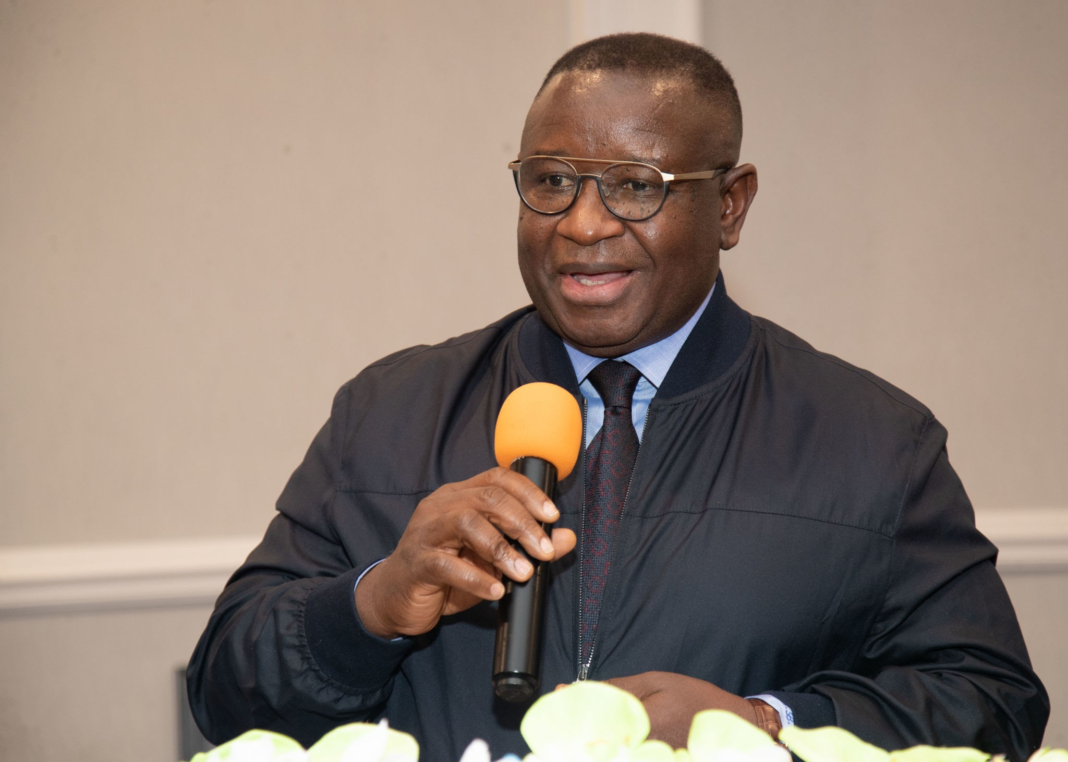Sierra Leone’s Parliament on Thursday concluded a four-day debate on President Julius Maada Bio’s address at the State Opening of the Sixth Parliament, with lawmakers from both the ruling Sierra Leone People’s Party (SLPP) and the main opposition All People’s Congress (APC) offering contrasting views on the government’s performance and national priorities.
The session, which marked the Fourth Allotted Day of the debate, featured contributions from Members of Parliament representing various districts, touching on issues of infrastructure, education, health care, food security, and economic management.
Hon. Hawa Conteh of Koinadugu District expressed concern over the lack of proper roads, health services, and educational facilities in Koinadugu and Falaba districts. She urged President Bio to prioritise road construction to improve food security and called for better WASH facilities in schools. Conteh also appealed for dialogue with former President Ernest Bai Koroma, saying “Sierra Leone can never achieve food security if roads in Koinadugu are not fixed.”
Deputy Chief Whip 1, Hon. Veronica Kadie Sesay, praised President Bio’s leadership and highlighted achievements in curbing drug abuse, advancing women’s empowerment, promoting national cohesion, and strengthening anti-corruption efforts. She credited the proportional representation system for bringing more women into governance and cautioned MPs against politicising infrastructure development.
Opposition Whip Hon. Abdul Karim Kamara of Kambia District acknowledged the efforts of past administrations and raised concerns over inflation, teacher recruitment, and education financing. He noted delays in government payments to the West African Examinations Council (WAEC) and called for earlier subsidy disbursement and salary increases for teachers. Kamara also urged greater private sector participation in the water and energy sectors.
Hon. Keikura C. Vandy of Bo District defended the government’s record, citing statistics on teacher recruitment, agricultural productivity, and rural electrification. He said President Bio had made “tremendous progress” in the energy sector and lauded the Feed Salone agricultural programme for boosting local food production and reducing imports.
Deputy Opposition Leader 2, Hon. Aaron Aruna Koroma of Tonkolili District, challenged government data and argued that electricity and economic conditions were stronger under the previous APC administration. He praised former President Koroma’s record on wages and infrastructure while expressing concern over current drug abuse levels, economic decline, and pollution of the Rokel River.
Hon. Simeon Johnny of Kono District described President Bio’s policies as achievable, citing progress in agriculture, mining, and healthcare. He highlighted the new Maternal Hospital of Excellence in Koidu and the installation of oxygen plants across hospitals, calling these developments “transformative” for Kono and other regions.
Deputy Opposition Leader 1, Hon. Daniel Brima Koroma of Koinadugu District, offered a more balanced assessment, commending recent price stability and improvements in electricity supply. He advised the government to reduce tariffs, expand ferry services between Lungi and Freetown, and address corruption in agricultural projects such as Tomabum.
Deputy Leader 2 of Government Business, Hon. Saa Emerson Lamin of Kono District, defended the administration’s record, describing President Bio as “ten times better than his predecessors.” He cited progress in education, infrastructure, energy, and women’s representation under the proportional representation system.
Concluding the opposition’s position, Leader of the Opposition Hon. Abdul Kargbo said the President’s address focused more on achievements than challenges. He raised concerns about curriculum changes affecting students and called for dialogue to address education and food security issues. Kargbo criticised corruption levels, energy shortages, and electoral credibility, urging the government to improve transparency and governance.
In closing the debate, Acting Majority Leader Hon. Bashiru Silikie commended President Bio’s “visionary leadership,” contrasting his policies with those of the previous APC government. He said the SLPP inherited a weak economy and poor health system and reaffirmed the government’s commitment to free quality education, national dialogue, and anti-drug efforts.
The debate concluded with a call from both sides for unity, accountability, and continued dialogue to address national challenges, including economic recovery, education reform, and public service delivery.



